Moscow, long recognized for its historical grandeur and cultural richness, has in recent decades quietly but assertively carved out a significant niche as a burgeoning center for technological innovation. Today, Moscow’s startup ecosystem is a dynamic landscape, characterized by a growing number of tech hubs, cutting-edge innovation centers, and a robust support infrastructure. This transformation reflects a concerted effort to diversify the economy and foster a knowledge-based future. The city now competes on a global scale, attracting talent and investment in burgeoning tech sectors.
The Genesis of a Tech Hub: Historical Context and Drivers
The seeds of Moscow’s tech ambition were sown in the Soviet era, with a strong emphasis on scientific research and engineering, particularly in defense and space industries. However, the true development of Moscow’s startup ecosystem as we know it today began in the post-Soviet period. The 1990s and early 2000s saw the emergence of a new generation of IT specialists and entrepreneurs. They capitalized on the digital revolution and the widespread adoption of the internet.
Government initiatives played a crucial role in accelerating this growth. Recognizing the need to diversify beyond natural resources, significant investments were made in creating supportive infrastructure. This included the establishment of special economic zones, technoparks, and grant programs. Moscow’s large pool of skilled graduates from top universities, such as Lomonosov Moscow State University (MSU) and the Higher School of Economics (HSE), also provides a continuous stream of talent. This combination of human capital, strategic investment, and a growing entrepreneurial spirit laid the groundwork for the vibrant tech landscape we see today.
Skolkovo Innovation Center: The Flagship Tech Hub
At the forefront of Moscow’s innovation centers stands the Skolkovo Innovation Center, often dubbed Russia’s “Silicon Valley.” Launched in 2010, Skolkovo is a massive, purpose-built complex designed to be a self-contained ecosystem for technological development. It encompasses research facilities, laboratories, offices, and residential areas, fostering a collaborative environment for startups, scientists, and investors.
Skolkovo focuses on five key clusters: Information Technologies, Energy Efficient Technologies, Nuclear Technologies, Biomedical Technologies, and Space Technologies & Telecommunications. Residents of Skolkovo benefit from significant tax incentives, access to a network of mentors and experts, and opportunities for grant financing. The Skolkovo Institute of Science and Technology (Skoltech), established in partnership with MIT, further bolsters the center’s research capabilities, producing highly skilled specialists. Annual events like “Startup Village” attract thousands of entrepreneurs, investors, and industry leaders, showcasing the rapid advancements within Moscow’s tech hubs. Skolkovo is a tangible symbol of Russia’s commitment to fostering a cutting-edge technological future.
Technopolis Moscow: A Network of High-Tech Parks
Complementing Skolkovo’s broad focus, Technopolis Moscow represents another vital component of the city’s innovation infrastructure. This special economic zone comprises several high-tech parks strategically located across the city. Each site specializes in particular industries, creating concentrated hubs of expertise and production.
Technopolis Moscow provides ready-to-use industrial facilities, cleanrooms for microelectronics and biotechnology, and modern office spaces. It offers favorable conditions for high-tech companies, including tax benefits and streamlined administrative processes. Key sectors within Technopolis Moscow include microelectronics, optics, energy efficiency, medtech, and advanced manufacturing. These sites are designed to attract both established high-tech companies and emerging startups, fostering an environment where innovation can translate into industrial production. This network of specialized parks further solidifies Moscow’s startup ecosystem by providing tangible infrastructure for development and scale.
Accelerators and Incubators: Nurturing Growth
A critical element in the development of Moscow’s startup ecosystem is its robust network of accelerators and incubators. These organizations provide crucial support to early-stage companies, helping them transform innovative ideas into viable businesses. Accelerators typically offer structured programs, mentorship, seed funding, and networking opportunities over a fixed period. Incubators, on the other hand, often provide longer-term support, including office space and resources.
Notable accelerators include MTS StartUp Hub, an initiative by Russia’s largest mobile operator, focusing on a wide range of tech solutions. The Internet Initiatives Development Fund (IIDF) is another major player, providing early-stage investments and a comprehensive acceleration program. Sberbank-500 Accelerator, a collaboration with 500 Global (formerly 500 Startups), also provides significant support. The Moscow Accelerator, a joint initiative by the Moscow Agency of Innovations and the Moscow Innovation Cluster Fund, specifically aims to help startups scale their solutions within the city’s urban environment. These programs connect startups with corporate partners, mentors, and potential investors, significantly improving their chances of success within Moscow’s tech hubs.
The Funding Landscape: Venture Capital and Investment
The growth of Moscow’s startup ecosystem has been paralleled by the expansion of its funding landscape. A diverse range of capital sources is now available to entrepreneurs, from government grants to venture capital (VC) firms and angel investors. The Russian Venture Company (RVC), a state-owned fund of funds, plays a foundational role in developing the national venture capital market by co-investing with private funds and supporting promising startups.
Private venture capital firms like Sistema_VC, RTP Global, and Almaz Capital actively invest in high-growth technology companies across various stages, from seed to growth rounds. These firms often focus on sectors where Moscow’s startups excel, such as Edtech, Social & Leisure, Marketing & Sales, and FinTech. The presence of these active investors ensures that innovative startups can secure the necessary capital to scale their operations. Furthermore, the Moscow Seed Fund provides early-stage financing specifically for startups within the capital. This evolving funding environment is crucial for transforming promising ideas into successful enterprises.
Key Sectors and Success Stories
Moscow’s startup ecosystem is particularly strong in certain tech verticals. Edtech (educational technology) has seen significant growth, with companies like Uchi.ru and Skyeng Online School achieving notable success. These platforms leverage technology to provide innovative learning solutions. The city also demonstrates strong potential in Artificial Intelligence (AI) and Big Data, with startups developing advanced solutions across various industries. Fintech also remains a dynamic sector, with companies creating new financial products and services.
While not always internationally known, many Moscow-based startups have achieved considerable success within Russia and the wider CIS region. Companies like Badoo (a dating-focused social network) and Profi.ru (an online service for finding service providers) demonstrate the capacity for local startups to scale and achieve widespread adoption. These success stories inspire a new generation of entrepreneurs and attract further investment into Moscow’s innovation centers.
Challenges and Future Outlook
Despite its impressive growth, Moscow’s startup ecosystem faces certain challenges. Bureaucratic hurdles can still complicate business registration and operations. Talent retention is another ongoing issue, as skilled professionals may be drawn to global tech hubs. Furthermore, the market size within Russia, while large, can sometimes limit the global scalability of certain ventures compared to those operating in larger international markets.
Nevertheless, the future of Moscow’s tech hubs appears promising. Continuous government support, a vibrant academic community, and a growing pool of experienced entrepreneurs and investors suggest sustained growth. Moscow’s unique position at the crossroads of Europe and Asia also offers potential for cross-border collaboration and market expansion. As the city continues to invest in its innovation infrastructure and foster a culture of entrepreneurship, Moscow’s startup ecosystem is poised to further cement its position as a significant player in the global tech landscape.

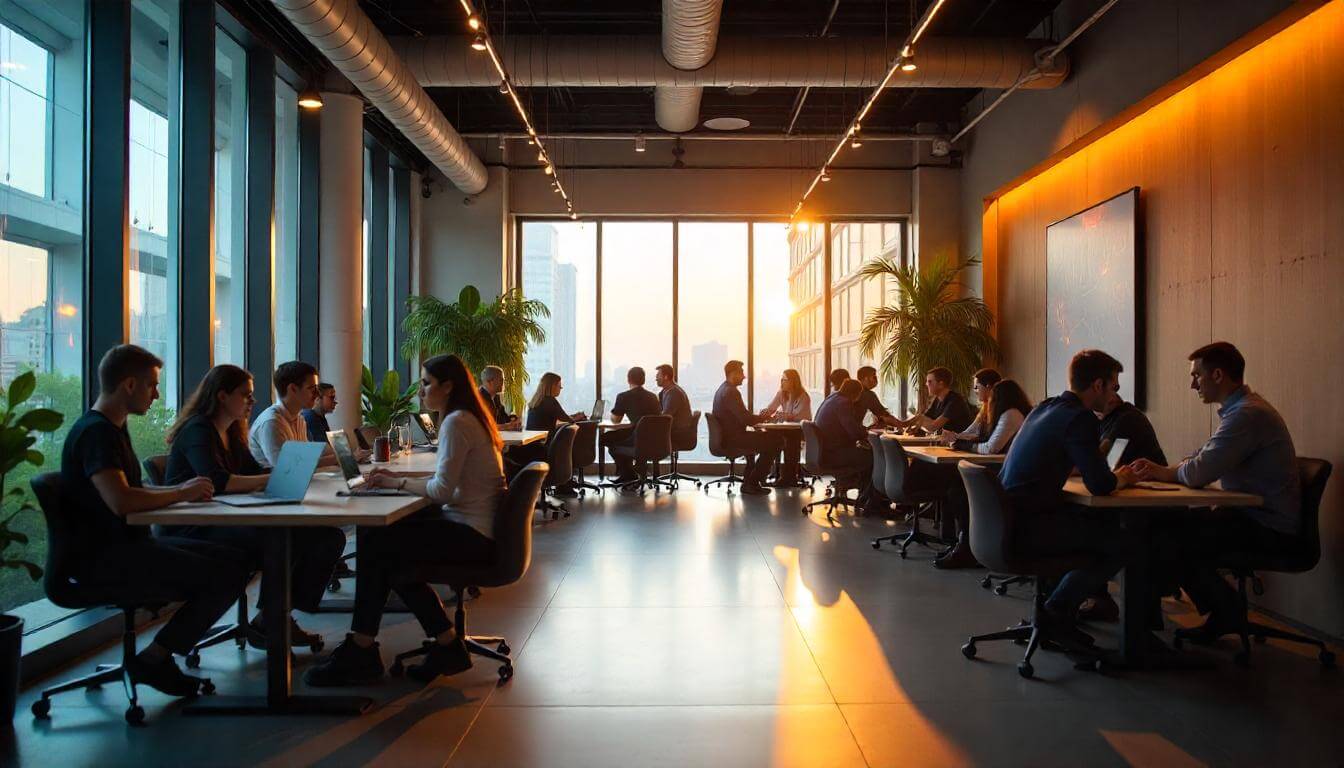 Moskova'nın Girişimcilik Ekosistemi: Teknoloji Merkezleri ve İnovasyon Merkezleri">
Moskova'nın Girişimcilik Ekosistemi: Teknoloji Merkezleri ve İnovasyon Merkezleri">

 Gizli Bahçeler ve Saklı Parklar: 2025'te Moskova'nın Yeşil Vahaları">
Gizli Bahçeler ve Saklı Parklar: 2025'te Moskova'nın Yeşil Vahaları">
 Moskova'nın Sağlık Turizmi: Dünya Standartlarında Sağlık Hizmetleri ve Wellness Merkezleri">
Moskova'nın Sağlık Turizmi: Dünya Standartlarında Sağlık Hizmetleri ve Wellness Merkezleri">
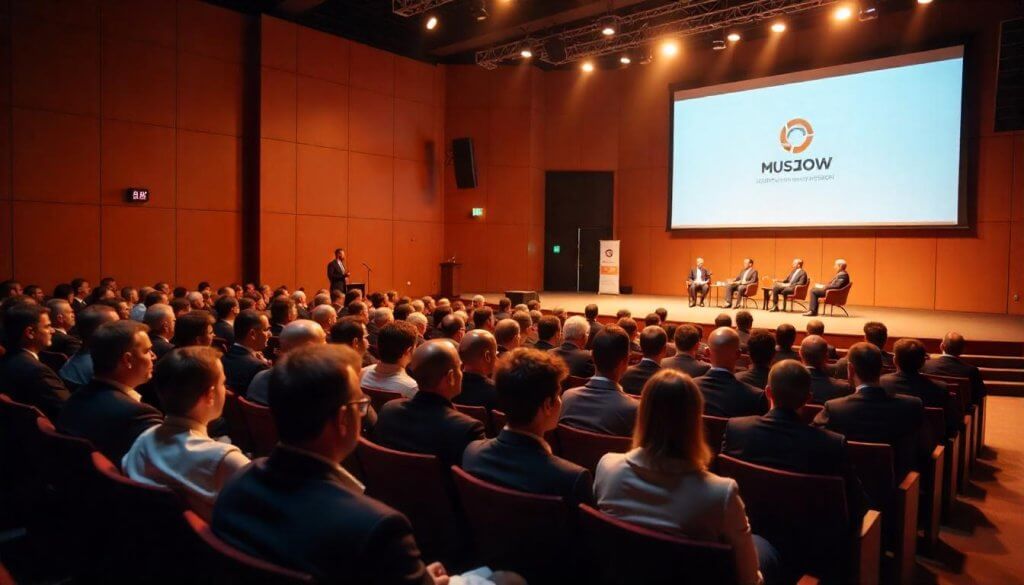 Moskova'da İş Seyahati: Ağ Kurma Etkinlikleri ve Profesyonel Cazibe Merkezleri">
Moskova'da İş Seyahati: Ağ Kurma Etkinlikleri ve Profesyonel Cazibe Merkezleri">
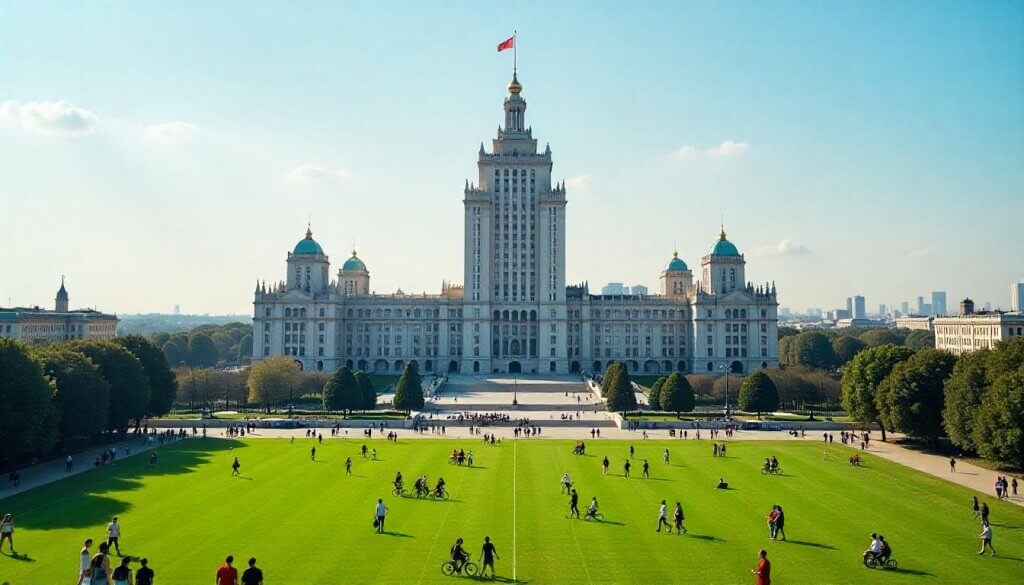 Moskova Üniversite Bölgesi: Akademik Turizm ve Kampüs Turları">
Moskova Üniversite Bölgesi: Akademik Turizm ve Kampüs Turları">
 Moskova Moda Sahnesi: Tasarımcı Semtleri ve Stil Cazibe Merkezleri">
Moskova Moda Sahnesi: Tasarımcı Semtleri ve Stil Cazibe Merkezleri">
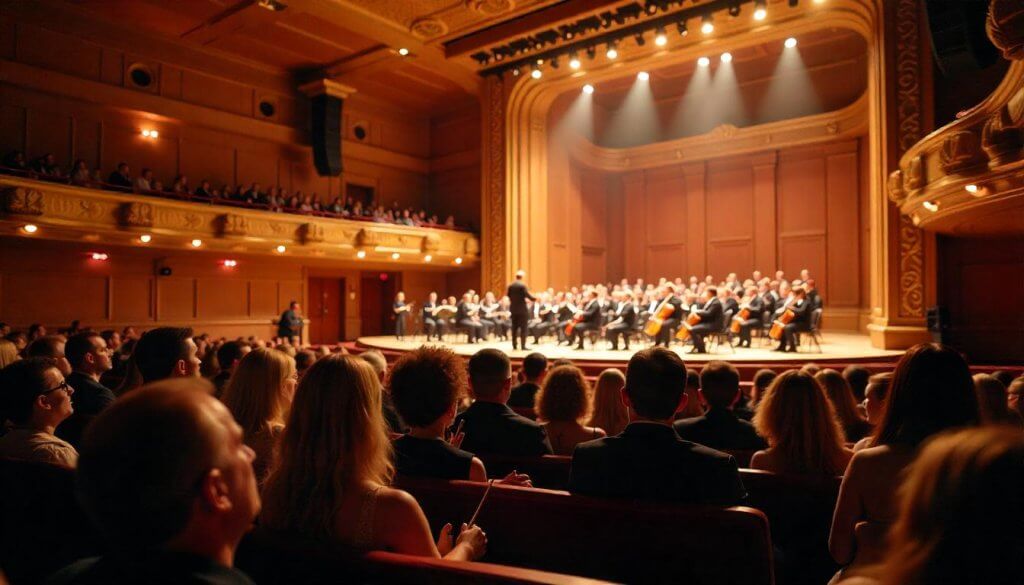 Moskova'nın Müzik Sahnesi: Konser Salonları, Kayıt Stüdyoları ve Ses Turları">
Moskova'nın Müzik Sahnesi: Konser Salonları, Kayıt Stüdyoları ve Ses Turları">
 Kitapseverler İçin Moskova: Kütüphaneler, Edebi Mekanlar ve Okuma Noktaları">
Kitapseverler İçin Moskova: Kütüphaneler, Edebi Mekanlar ve Okuma Noktaları">
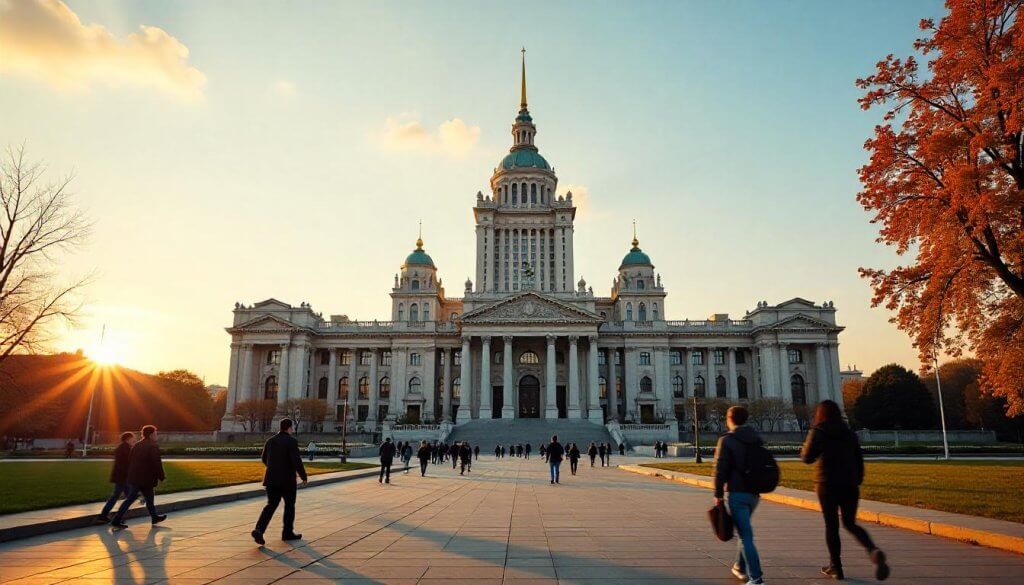 Sovyet Dönemi Moskova: Komünist Mimari ve Tarihi Bağlam">
Sovyet Dönemi Moskova: Komünist Mimari ve Tarihi Bağlam">
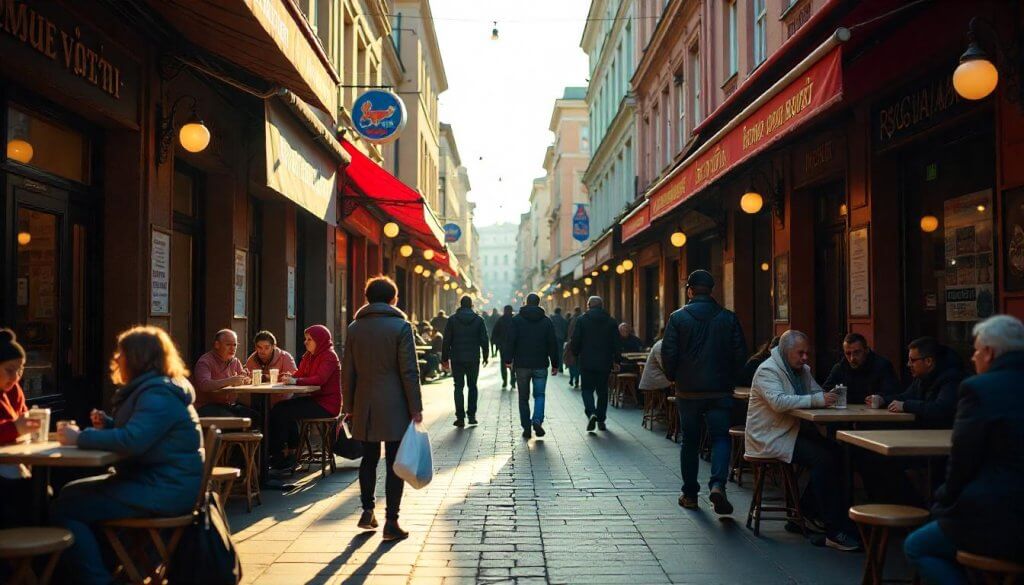 Moskova'nın Göçmen Toplulukları: Çok Kültürlü Mahalleler ve Mutfak">
Moskova'nın Göçmen Toplulukları: Çok Kültürlü Mahalleler ve Mutfak">
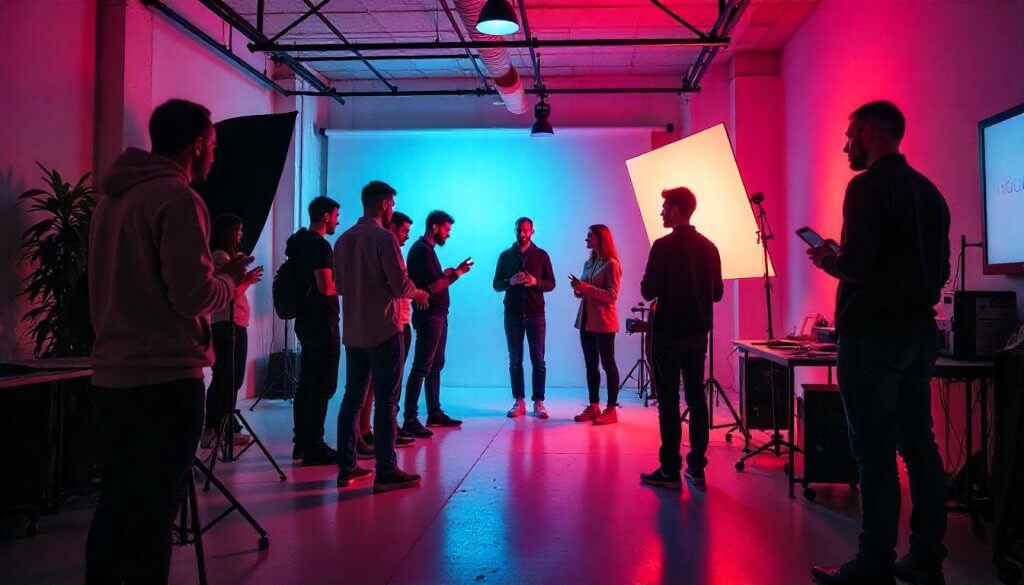 Moskova Fotoğrafçılar İçin: Profesyonel Çalıştaylar ve Portfolyo Oluşturma">
Moskova Fotoğrafçılar İçin: Profesyonel Çalıştaylar ve Portfolyo Oluşturma">